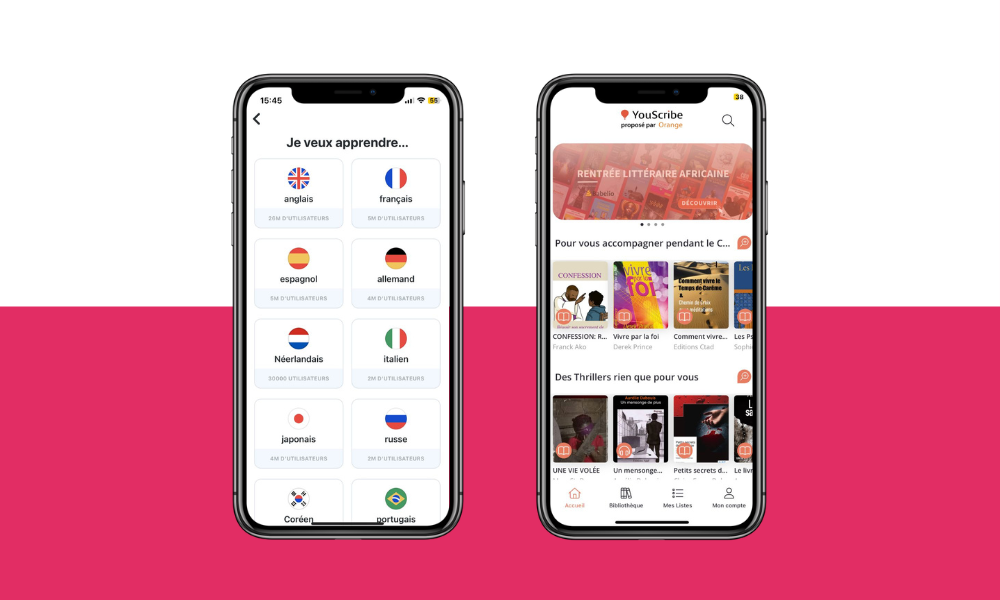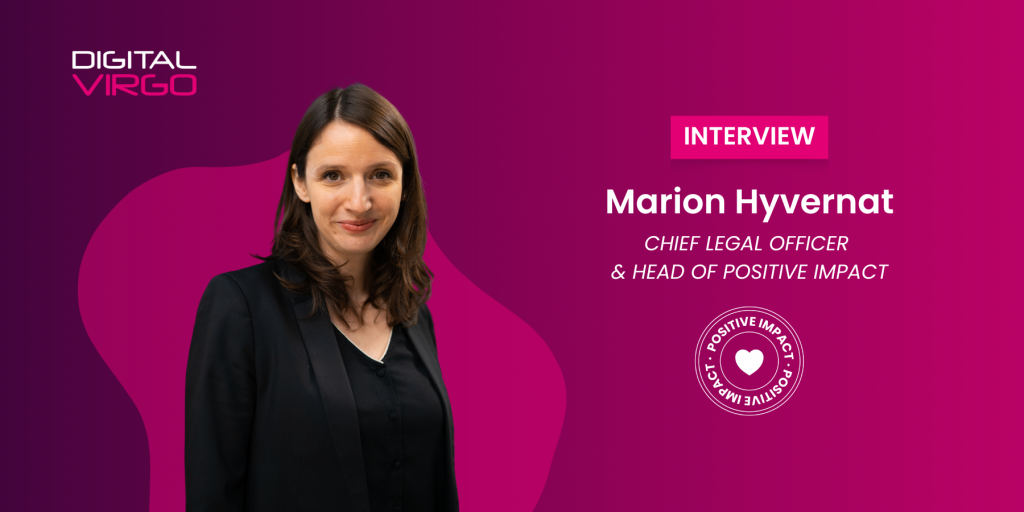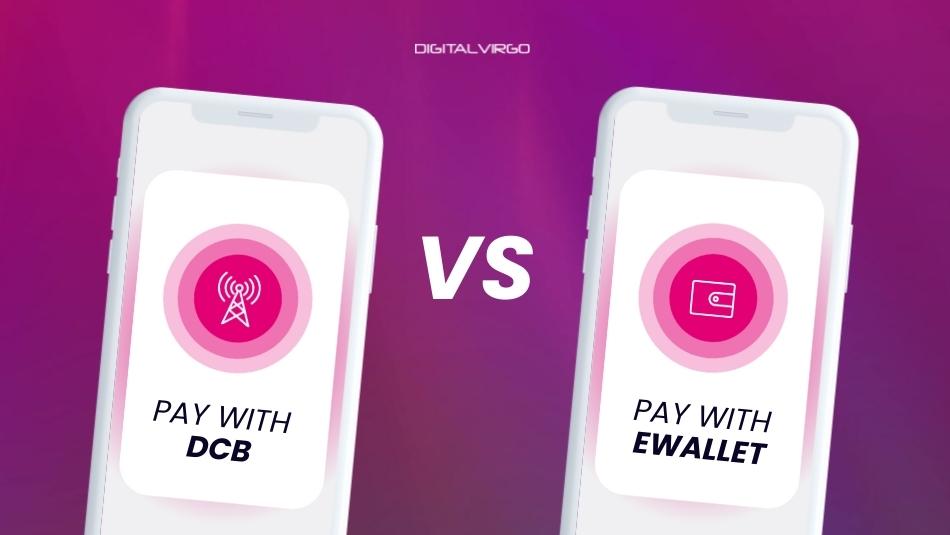Increasing Accessibility Remains the Main Challenge
Telcos stand at the forefront of digital content distribution with the world’s largest captive audience. This vast reach, combined with exponential growth of mobile technology and internet access, opens up opportunities for individuals to access education remotely and online, regardless of their geographical location.
As smartphone penetration increases across the continent, with Statista forecasting smartphone subscriptions in Sub-Saharan Africa to reach 689 million by 2028, a larger number of Africans will actively engage with digital learning content. Moreover, according to GSMA, the continent’s internet user base is projected to reach 41 million connections by 2025, highlighting the increasing accessibility of educational resources and opportunities for individuals across Africa. This underscores the potential of technology to bridge educational gaps by providing access to learning materials and platforms.
In this landscape of increasing demand for education and technological advancement, telcos play a pivotal role in democratizing access to quality learning resources. Through their networks and audience, they can definitely become the most important key player in the educational ecosystem.
The Collaboration Between Telcos and Merchants is Now Critical
As part of the ongoing transformation of African education, telcos have a unique opportunity to collaborate with merchants to make digital learning content available for everyone. Educational platforms, such as Busuu or YouScribe, specialize in creating online learning materials, easy to distribute through the telco’s network. By creating partnerships with operators, these merchants also benefit from the capacity to tap into the extensive reach and resources of the telecommunication networks, allowing them to reach a broader audience.

Busuu, for instance, offers language proficiency programs accesible through alternative payment methods, enabling individuals in countries like Morocco or Burkina Faso to dive into new languages effectively. Similarly, YouScribe’s expansion into countries such as Ivory Coast or South Africa has facilitated immersive reading experiences, with a variety of local content promoting lifelong learning.
Telcos can leverage these collaborations by integrating the digital learning platforms directly into their service portfolio, being able to even offer super bundles of learning content to facilitate access to these tools for their subscribers.
Carrier Billing… the best payment method to address the market?
Thanks to Direct Carrier Billing, the democratization of access to digital learning in Africa is closer to being a reality. The adoption of payment methods such as DCB has allowed users to engage with online learning platforms and overcome financial barriers. Unlike traditional credit card usage, which remains low among Africans, the utilization of Carrier Billing, or other APMs like Mobile Money, is on the rise, making it a powerful tool for inclusion.
According to the World Bank, in Sub-Saharan Africa, only 3% of the population has access to a credit card, highlighting the limited penetration of traditional banking services. Meanwhile, Direct Carrier Billing is experiencing rapid growth in the region, emerging as one of the fastest-growing areas in 2023, with $1.4 billion of total end-user spend, as stated by Juniper Research’s Direct Carrier Billing report.
The increasing demand for digital learning across Africa shows the importance of establishing an enabling environment for its sustained expansion. In this context, telcos should take the lead to achieve the ultimate digital inclusion. Regulatory frameworks that foster innovation and investment in educational technology also play a vital role in this endeavor. Investing in education not only enhances individual opportunities but also bolsters the digital ecosystem as a whole. Prioritizing learning initiatives and fostering collaboration among stakeholders are crucial steps in unlocking the full potential of digital education to drive socio-economic growth and prosperity across the continent.





